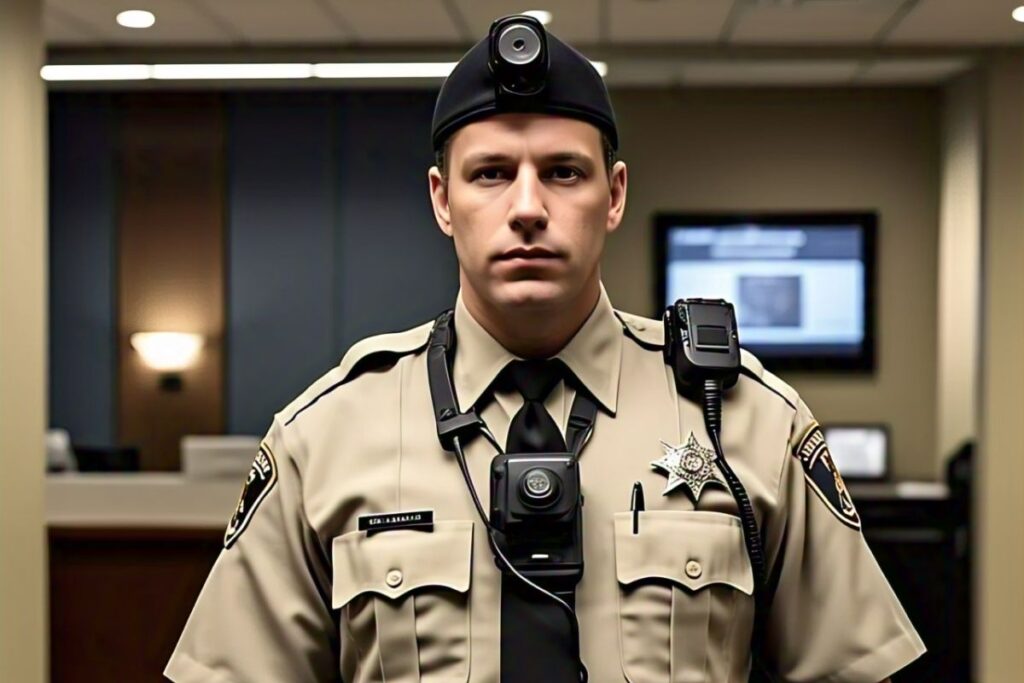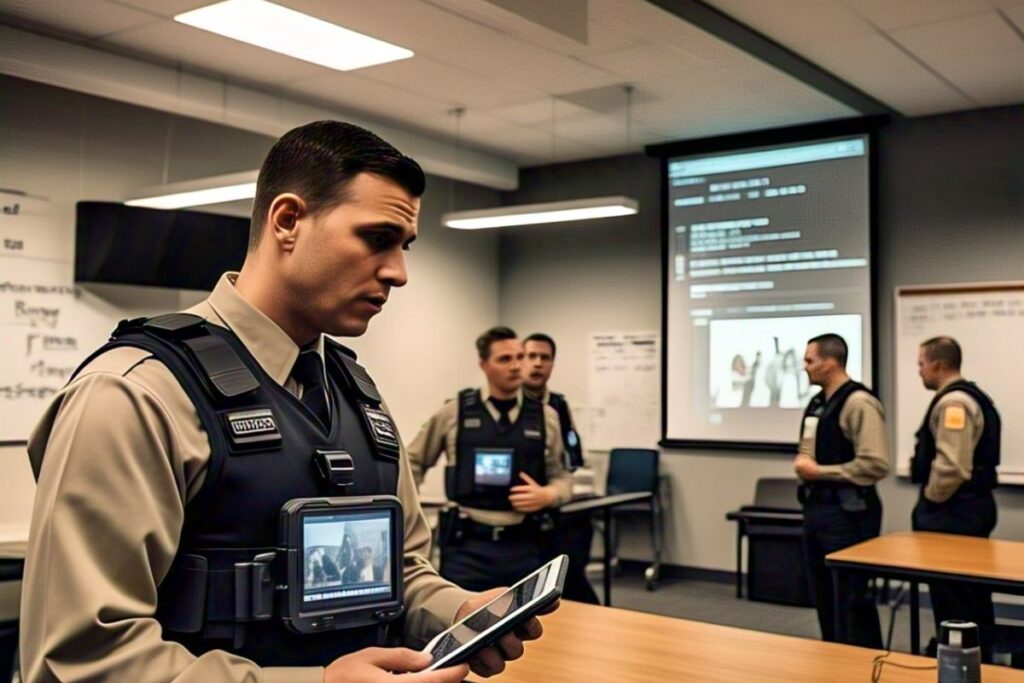The Importance of Body Cameras for Security Guards
September 30, 2024
The use of body cameras by security guards plays a pivotal role in ensuring accountability and promoting ethical conduct. With real-time video capturing every interaction, the presence of a body camera encourages guards to adhere strictly to protocols, as their actions are under constant observation. This level of oversight discourages inappropriate behavior and reinforces professionalism. Additionally, the recorded footage creates an indisputable record of events, fostering transparency between security personnel and the public. In a profession where public trust is crucial, body cameras help solidify the integrity of security operations by keeping guards accountable to their duties.
Visit here for exploring our services
Mitigating False Accusations and Providing Evidence
Security guards often face situations where disputes arise, and accusations of misconduct can damage their reputation. Body cameras offer a layer of protection against false claims by capturing an unbiased, verifiable account of incidents. This visual evidence can be used in investigations or court proceedings, ensuring that the truth prevails. Having a clear, objective record of what happened reduces the need for subjective testimony, minimizing discrepancies in statements. By safeguarding guards from false accusations, body cameras enhance legal protection and contribute to a more just and fair working environment.

Enhancing Training Through Real-World Scenarios
Body camera footage offers invaluable insights for training and development in the security industry. Supervisors can review recordings to assess the effectiveness of security procedures and provide constructive feedback based on actual events. This data-driven approach to performance evaluation enables security personnel to learn from real-world scenarios, helping them refine their skills. Training sessions can focus on areas such as conflict resolution, de-escalation techniques, and adherence to company protocols, using the recorded footage as a tool to reinforce learning. As a result, body cameras not only capture incidents but also serve as a resource for continuous improvement.

Providing Critical Evidence in Legal Proceedings
When incidents escalate into criminal or legal matters, body camera footage serves as critical evidence for law enforcement and judicial bodies. Security guards often respond to situations before police arrive, meaning their body cameras may capture vital moments that other evidence might miss. The footage can provide context, clarify misunderstandings, and offer an accurate portrayal of events, which can significantly influence legal outcomes. By having an indisputable video record, the integrity of investigations is enhanced, making it easier for authorities to piece together what truly transpired.

A Visible Deterrent to Crime and Misconduct
The presence of a body camera can act as a powerful deterrent to crime and misconduct. Individuals are far less likely to engage in illegal activities when they know they are being recorded. For security guards, this psychological impact strengthens their ability to maintain order in high-risk environments. Whether patrolling a retail space, securing a public event, or managing a corporate facility, body cameras provide an added layer of security by discouraging aggressive or unlawful behavior. This visual reminder of surveillance promotes safer interactions and helps de-escalate potential conflicts before they escalate.

Balancing Security Needs with Privacy Rights
As beneficial as body cameras are, they also raise concerns about privacy and the legal implications of recording interactions. Security companies must carefully navigate these concerns by adhering to relevant privacy laws and regulations. Guards must be trained on when and where it is appropriate to use body cameras, ensuring that the rights of individuals are respected. Striking the right balance between security and privacy is crucial for avoiding legal liabilities and maintaining public trust. Security providers need to implement policies that govern camera usage, storage of footage, and compliance with local surveillance laws to avoid potential breaches of privacy.

Fostering a Culture of Transparency in Security
In an era where transparency is increasingly valued, body cameras are pivotal in fostering an open, honest culture within the security industry. The availability of recorded footage encourages accountability not only for security guards but also for the management overseeing them. Organizations can use body camera footage to demonstrate their commitment to transparency, addressing any public concerns related to their security operations. Whether investigating complaints, reviewing guard performance, or documenting critical incidents, body cameras support a culture of openness, ensuring that both clients and the public feel confident in the security services provided.



